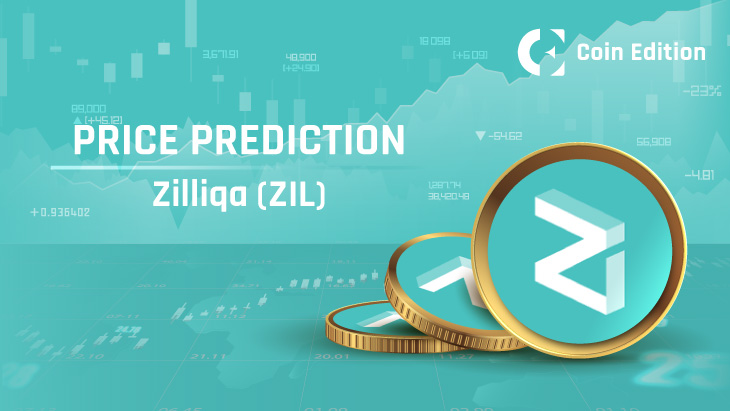- Ripple and Palau have collaborated on the new Palau Stablecoin (PSC).
- The stablecoin will be issued on the XRP Ledger (XRPL).
- The Republic of Palau’s Ministry of Finance (MOF) will be involved in PSC’s development.
The Republic of Palau, an island nation in the western Pacific Ocean, partnered with American fintech firm Ripple back in 2021 for its stablecoin project and the two have shared a series of updates on the same. Notably, Palau’s official currency is the US dollar and the collaboration seeks to debut a stablecoin version of the currency.
Notably, the stablecoin will be backed by the US dollar in a 1:1 ratio and as per official documents, it will be issued on the XRP Ledger, the blockchain created by Ripple.
Palau has taken a huge leap towards a cashless society with the debut of the stablecoin project. The 3-month pilot took place in 2023 and ended in September when the Palau Stablecoin (PSC) was issued to around 200 local merchants and government employees across the region.
Interestingly, the PSC will be rolled out on a larger scale, based on the official document published in December, enabling people to make everyday transactions using the stablecoin.
The involvement of the Republic of Palau’s Ministry of Finance (MOF) sets PSC apart from other stablecoins like USDC and USDT. With the official backing of MOF, Ripple and Palau are laying the groundwork for Palau’s financial future.
It is also important to note that Palau chose the XRPL because it is one of the most carbon-neutral blockchains and the nation wants to reduce its carbon footprint and protect the islands’ natural habitats.
XRPL is known for being one of the more affordable blockchains, with a transaction fee of only 0.00001 XRP. Further, the blockchain has transaction time of around four to five seconds (compared to minutes for Bitcoin). These traits make the network one of the most-suited for a large-scale stablecoin operation such as in Palau.
As reported earlier, Ripple is also working on its own stablecoin called the RLUSD which is currently in its testing phase and is expected to make its debut by the end of the year.
Disclaimer: The information presented in this article is for informational and educational purposes only. The article does not constitute financial advice or advice of any kind. Coin Edition is not responsible for any losses incurred as a result of the utilization of content, products, or services mentioned. Readers are advised to exercise caution before taking any action related to the company.







